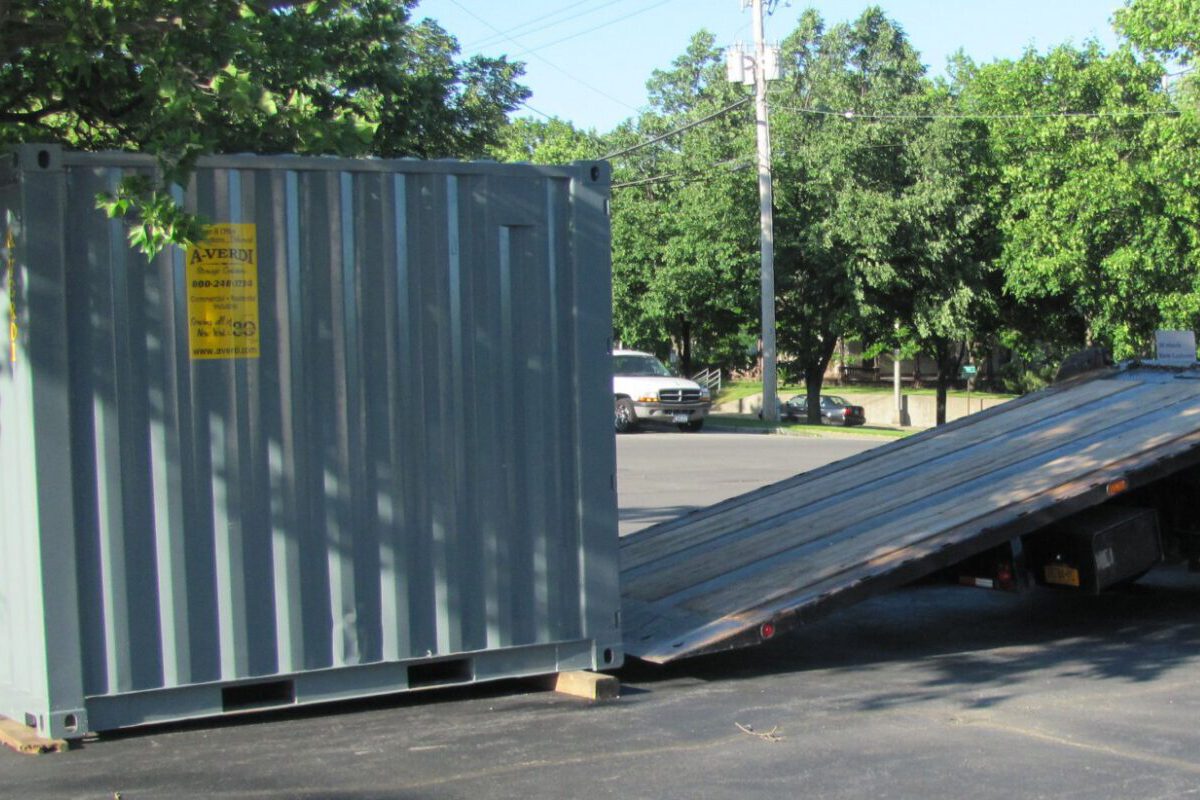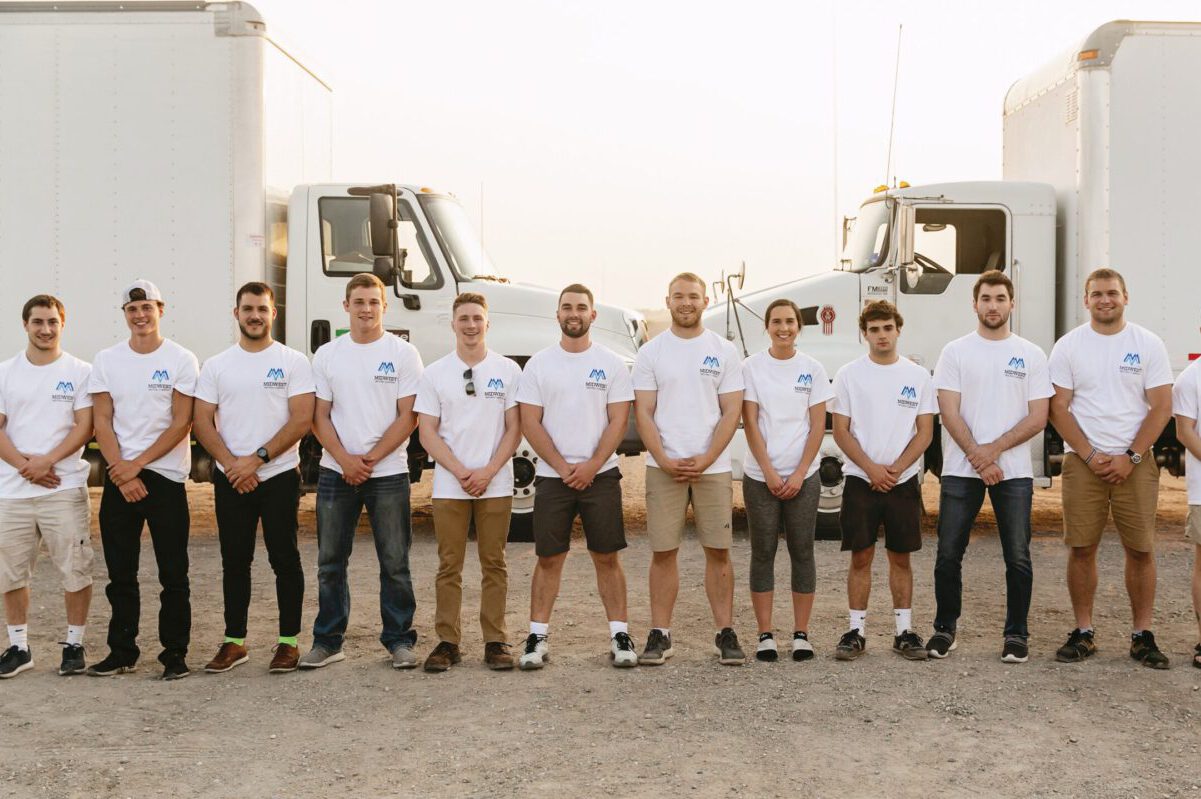There are several important factors involved in the process of transporting THC products from one state that you should consider. THC, which is the main psychoactive compound in cannabis, has gained legal status for either medicinal or recreational use in numerous states. However, the regulations surrounding its transportation are complex and vary significantly.
Amidst these regulations, the transportation of THC products may include various forms, such as edibles, oils, or the increasingly popular THCa flower, each requiring specific handling to comply with legal standards and guarantee the safety of the product.
As such, to avoid any issues down the road, here are 10 essential considerations you have to keep in mind before you move THC products:
Understand the State Laws
Each state in the U.S. has its unique stance on THC, and this ranges from full legal acceptance to complete prohibition.
Before transporting THC products, it’s important to conduct research regarding the laws in both the origin and destination states. This research should cover aspects like the legality of medical vs. recreational use, THC concentration limits, and any specific restrictions on product types.
States also vary in how they enforce these laws, with some having stricter penalties. You have to keep in mind that misunderstanding these laws can lead to significant legal trouble, including fines and imprisonment, which underscores the importance of thorough research and compliance.
Federal Laws and Interstate Transportation
Under federal law, THC remains classified as a Schedule I controlled substance, making its transportation across state lines illegal. This federal prohibition stands regardless of individual state laws.
This simply means that even transporting THC from one legal state to another can result in federal charges. This conflict between state and federal law creates a precarious legal situation for anyone considering interstate transportation of THC products.
It’s a common misconception that moving products between two legal states is permissible; however, once state lines are crossed, federal jurisdiction takes precedence, posing a risk of federal enforcement action including criminal charges.
Licensing and Permits
For businesses involved in the cannabis industry, adhering to state-specific licensing and permit requirements is crucial. These requirements can include obtaining licenses for cultivation, processing, distribution, and retail sales of THC products.
Keep in mind that each state’s cannabis regulatory body oversees the issuance of these licenses, with criteria varying widely from state to state.
Additionally, maintaining these licenses often involves regular compliance checks, renewal processes, and adherence to operational standards. Failure to obtain or maintain the appropriate licenses can result in the shutdown of business operations, hefty fines, and legal prosecution.
It’s vital for businesses to stay updated with any changes in licensing requirements to remain compliant.

Product Labeling and Packaging
State laws dictate specific standards for the labeling and packaging of THC products to ensure consumer safety and informed usage.
Requirements can include warning statements, potency information, ingredient lists, and use-by dates. Packaging often must be tamper-evident and child-resistant.
It’s worth noting that these regulations aim to prevent accidental ingestion, particularly by children, and to provide consumers with clear information about the product’s content and effects.
Non-compliance with labeling and packaging laws can lead to products being pulled from shelves, fines, and damage to business reputation. Therefore, it’s essential for businesses to continually monitor and comply with these changing requirements in both the source and destination states.
Quantity Limits
States regulate the amount of THC products that individuals and businesses can legally possess or transport.
These limits can vary significantly; some states measure limits based on the weight of THC within the product, while others consider the total weight of the product.
For businesses, these limits are often higher but require careful documentation and adherence to transport regulations.
Exceeding these limits can lead to accusations of trafficking, resulting in serious legal repercussions.
Hence, it’s crucial for individuals and businesses to be fully aware of and comply with these quantity limits. In some cases, special permissions or licenses are required to transport larger quantities for commercial purposes.
Type of THC Products
The legal status of different types of THC products (such as flowers, edibles, oils, and concentrates) varies across states. Some states have specific restrictions or bans on certain forms, like edibles resembling candies that may appeal to children.
Additionally, the potency limits for these products can differ, with some states imposing stricter caps on THC concentration. This variation requires businesses and individuals to be particularly attentive to the types of products they intend to transport.
Ensuring that the products comply with both the origin and destination state laws is necessary to avoid legal complications that could arise from transporting prohibited forms or overly potent products.
Documentation and Record Keeping
Maintaining comprehensive records is vital for anyone involved in the transportation of THC products. This includes detailed logs of product quantities, transportation routes, and transaction records.
For businesses, these records are essential for compliance audits and in cases where legal issues arise.
Good record-keeping practices also involve tracking batch numbers and sources, which can be crucial in the event of a product recall or when quality concerns arise.
The lack of proper documentation can lead to regulatory violations and hinder the ability to defend against legal charges. It’s for this reason that investing in robust tracking and documentation systems is crucial for compliance and operational transparency.
Security Measures
The transport of THC products requires stringent security measures due to their high value and the risk of theft.
State laws may dictate specific security requirements, such as secured containers or dedicated transport vehicles with tracking systems. Implementing these measures is not just a legal requirement but also a practical necessity to protect the products and reduce liability risks.
Security protocols might include background checks for personnel, in-transit tracking, and secure storage upon arrival. Failure to implement adequate security measures can lead to financial losses, legal liabilities, and potential safety risks.
Regularly reviewing and updating these security measures is also important to address evolving risks.
Insurance and Liability
Given the legal complexities and potential risks associated with transporting THC products, securing appropriate insurance coverage is critical. This insurance can cover a range of risks, including product liability, transportation accidents, and theft.
Additionally, businesses should be aware of their liability in the event that their products cause harm or are involved in legal infringements.
The cannabis insurance market can be challenging to navigate due to the evolving legal landscape, and coverage options may vary significantly.
By engaging with insurance providers that specialize in cannabis-related policies, businesses can ensure comprehensive coverage that addresses the specific risks of transporting THC products.
Consult Legal Experts
Given the rapidly changing and complex nature of cannabis laws, seeking advice from legal experts specializing in cannabis legislation is highly recommended.
These professionals can provide current, in-depth information on state and federal regulations and help businesses and individuals navigate compliance issues.
Legal consultants can also assist in license applications, audit preparations, and in the event of legal disputes.
Their expertise can be invaluable in avoiding costly legal mistakes and ensuring that transportation practices adhere to all applicable laws.
Regular consultations can keep one updated on legislative changes, which is crucial in an industry characterized by rapid legal evolution.
Conclusion
Transporting THC products across state lines involves a labyrinth of legal, logistical, and operational considerations. Being well-informed and cautious in this dynamic regulatory environment is essential.
By paying attention to these ten factors, you can navigate the complexities of THC transportation and ensure legal compliance while reducing the risk of encountering serious legal issues.







